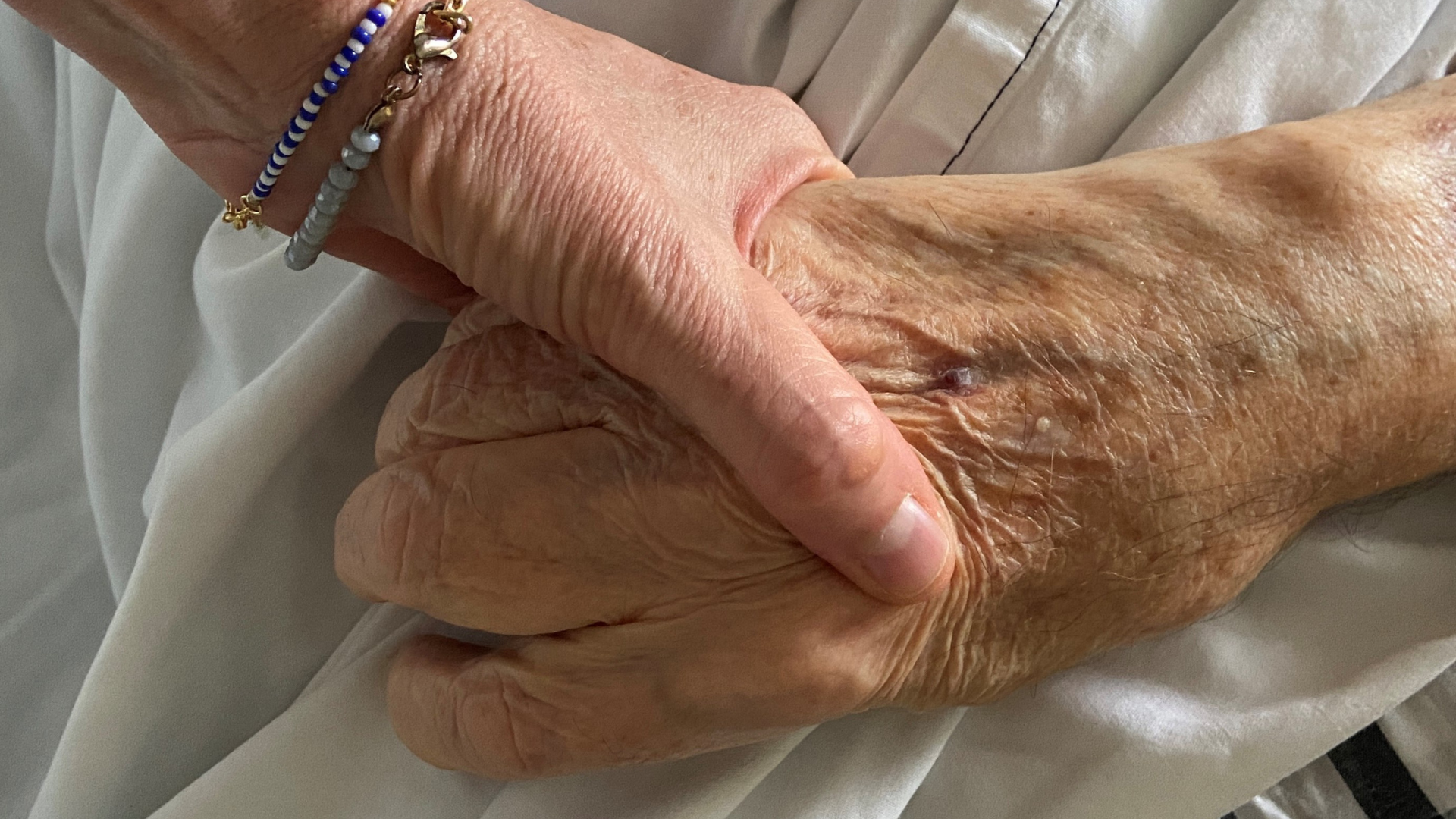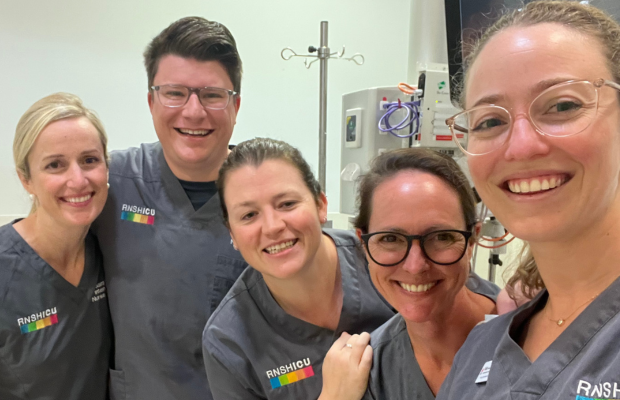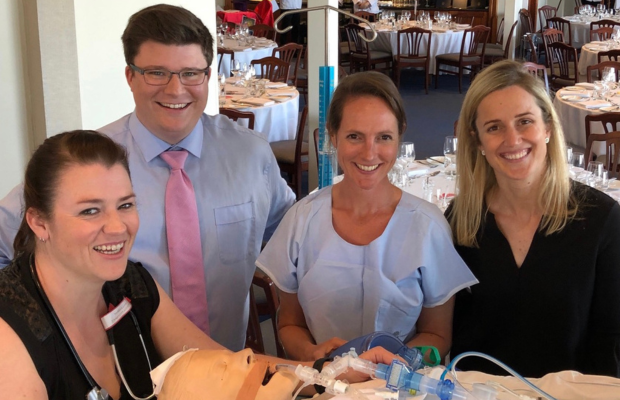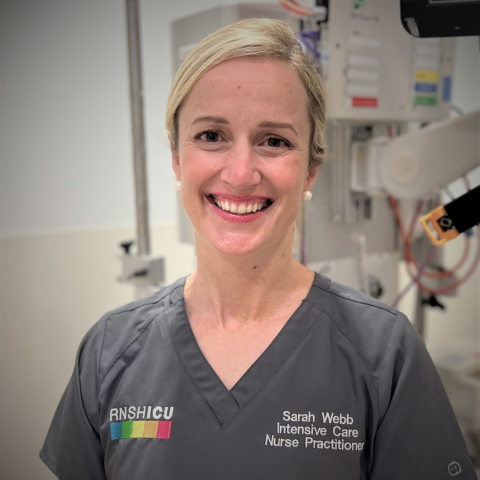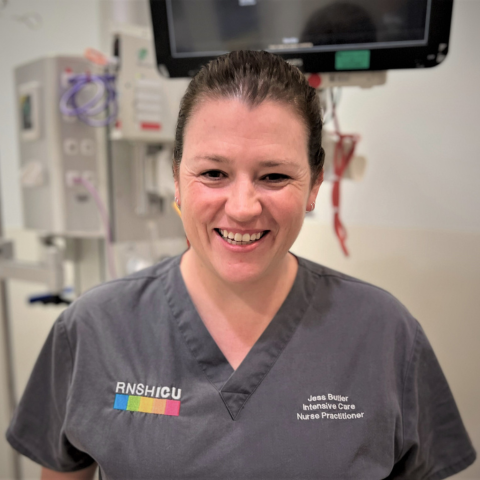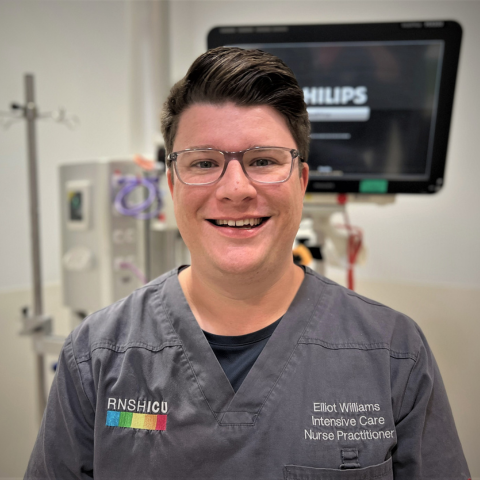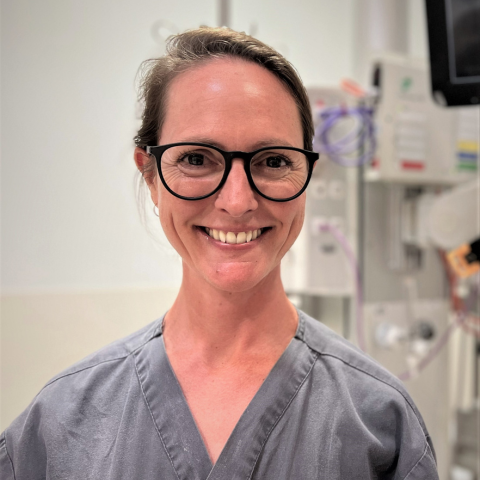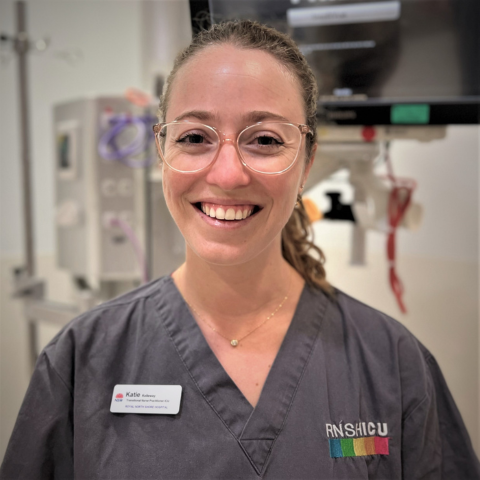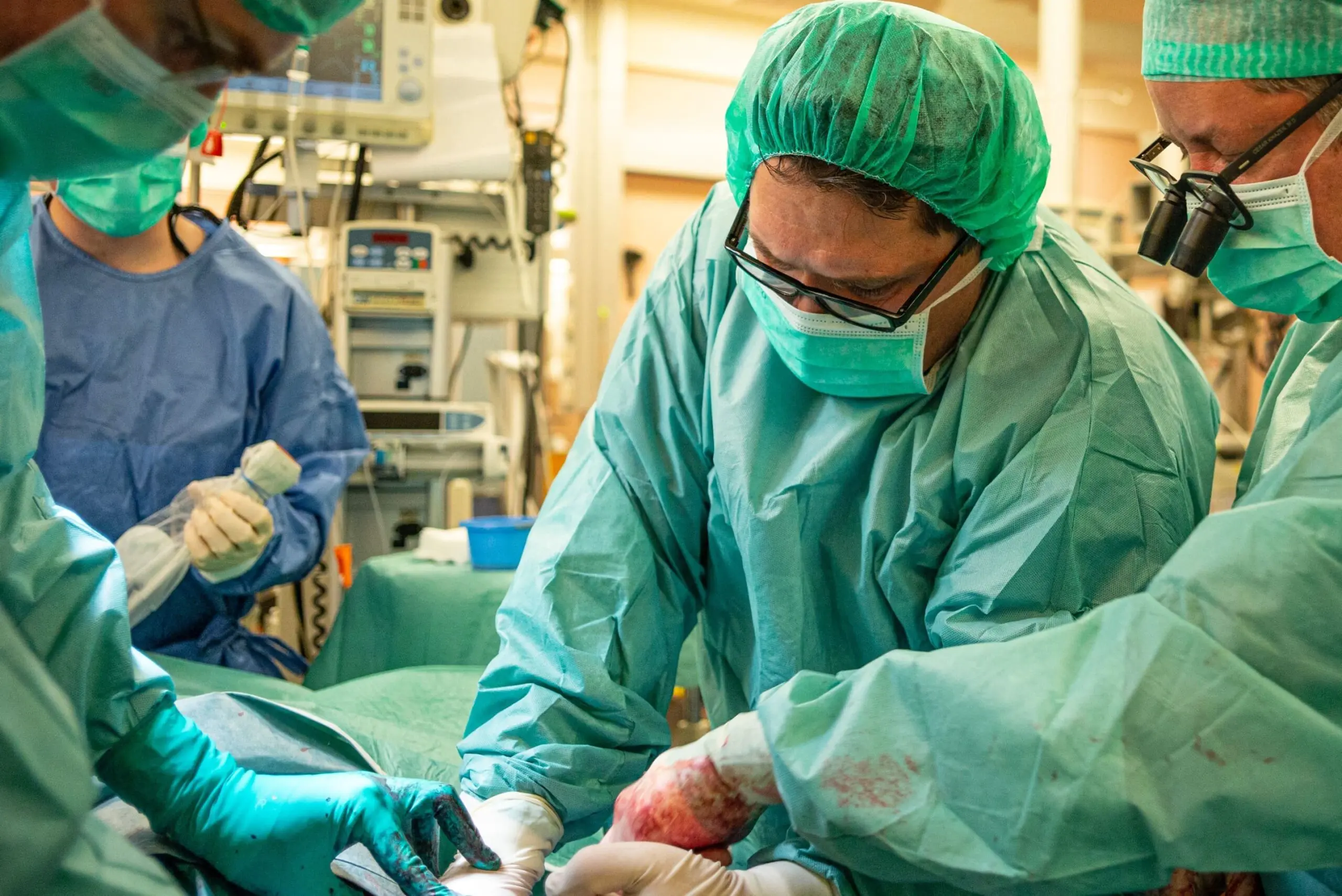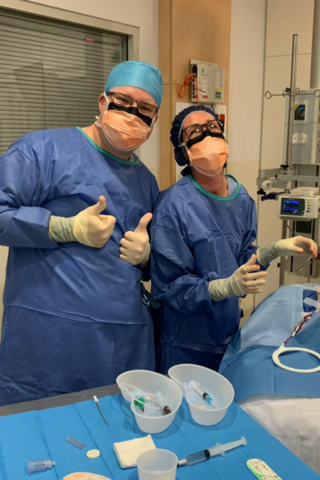
Project 1: Case Management Program
The case management program will enhance the existing service, improving continuity of care for complex, long-stay ICU patients while also providing increased education and training for nursing and medical staff. Patients will be identified using a ‘trigger system’ based on indicators like prolonged ICU stays, with an estimated 60 patients per year potentially suitable for the programme.
Long-stay ICU patients often require care from multiple teams due to complex and prolonged treatments, facing challenges like delayed mobilisation, rehabilitation, and transitions between hospital wards. These factors place them at risk for healthcare-associated infections, iatrogenic complications, delirium, and extended needs for basic care, nutrition, pain management, and ventilation weaning.
In this case management role, the ICU NP will engage in daily consultations and communication with the ICU and treating teams, focusing on care planning and coordination. This includes facilitating intra-hospital transfers for scans, managing line and drain procedures, overseeing tracheostomy care, and supporting patient mobilisation.


